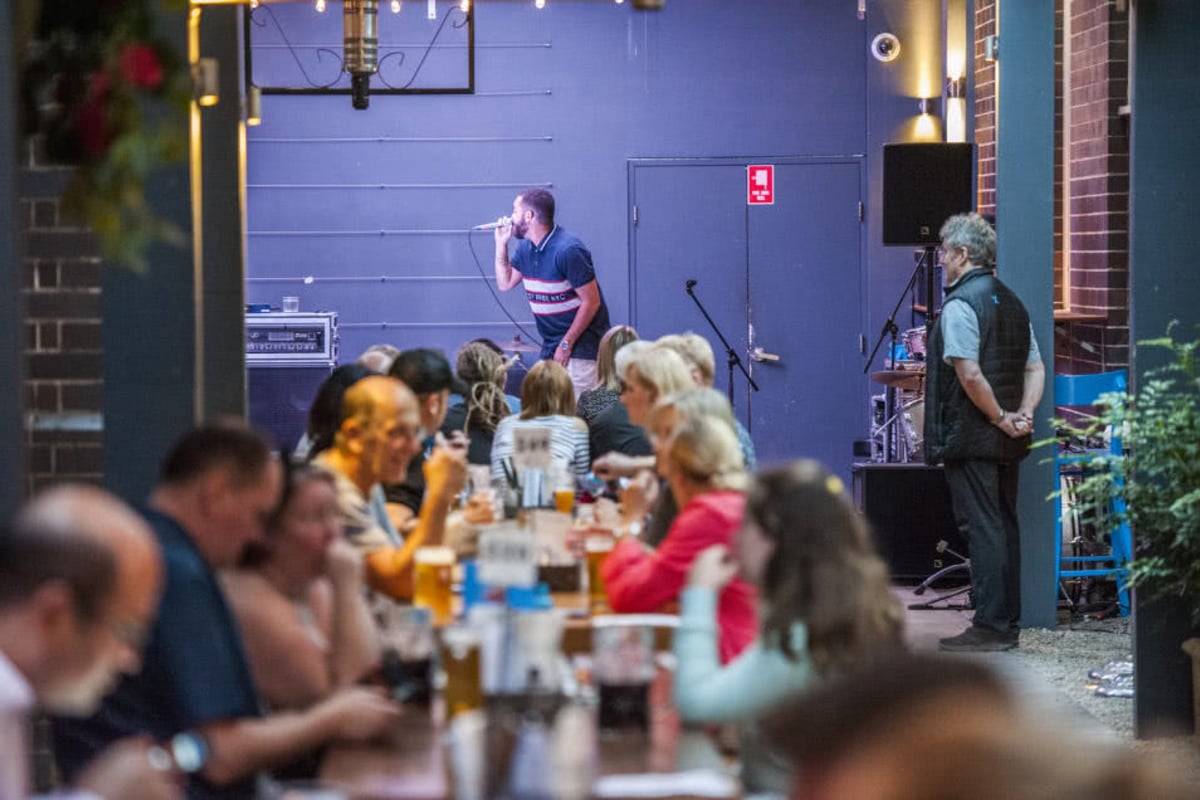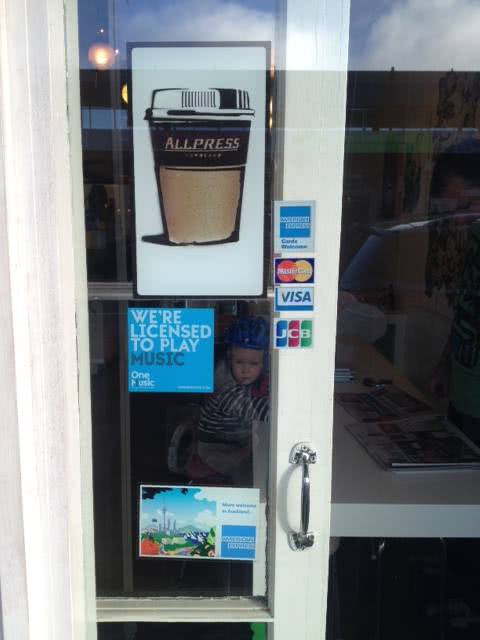OneMusic NZ: What we can expect from the Australian launch

OneMusic New Zealand, the joint licensing venture between APRA AMCOS and Recorded Music NZ, celebrates its 5th anniversary this year. With OneMusic Australia due in the first half of 2019, APRA AMCOS’ head of NZ operations Anthony Healey, talks about the successes and challenges the licensing scheme has faced on the other side of the Tasman.
“There’s no question that people only pay reluctantly,” admits Anthony Healey. “It’s an ephemeral thing that we are selling them – a consent to allow them to publicly perform music. There’s nothing concrete that they can really hold in their hand.”
Nevertheless, he says OneMusic NZ – which essentially acts as one-stop shop for commercial business to buy a license to play and perform music on their premises – has been a real success story for the organisation. In the last financial year, revenue was up 10 percent to $NZ14.1 million and he expects the joint venture to deliver similar sort of growth for the 2017-18 year.

APRA AMCOS’ head of NZ operations Anthony Healey
Healey is cautious about drawing too many comparisons between OneMusic NZ’s experiences and what OneMusic Australia can expect when it goes live. He points out that the structure of the music business in Australia is different from that of its smaller Tasman neighbour, but he believes the success of the NZ operation augurs well for the launch of OneMusic Australia.
“We were lucky in New Zealand that we had been talking about OneMusic with the recording industry for some time,” he explains. “Throughout that time we were able to adapt each others’ license schemes so they were relatively similar.
“In Australia there are some quite stark differences, so bringing those together is more of a challenge but it is not insurmountable. Given the fantastic experiences and great outcomes we’ve had here, there is a great willingness to get it done.”
So how does it work?
Under the New Zealand Copyright Act 1994, any business that uses music in their operations must apply for a OneMusic license, with consents covering a wide range of uses. The most common cover background music and live performance licenses for the hospitality and retail sectors, although the programme also include activities as diverse as fitness centres, churches, sports arenas, schools and even the music played over the phone when a customer is put on hold.

Gingerbirds Kitchen and Catering in Auckland
Fees are generally based on the size of premises, although other factors come into play in certain categories: the transport license, for example, is based on the number of buses and coaches being operated, while music on hold is calculated by the number of phone lines a company may be operating.
The money collected is then distributed to the relevant copyright owners/ members of Recorded Music NZ and APRA AMCOS. If the actual playlist and performance data is available, the revenue can be distributed according to what a business played; for the remainder, the returns are based on data such as broadcasting airplay and streaming data.
The OneMusic licensing programme has come under fire from a number of quarters
Some businesses feel that they are unfairly penalised because they are charged by the size of the premises or the fact that they just have a radio playing in the background, while others are angry that they are being spied on by OneMusic investigators. Concerns have also been expressed by some music professionals that local artists can miss out on revenue when the redistributed fees are based on airplay, which tends to be dominated by overseas performers.
Healey acknowledges that the system is always likely to face criticism, but makes no apologies for the fact that copyright infringement notices will continue to be issued to businesses that play music without the required consents. He estimates that the organisation currently has “hundreds of files” lodged with lawyers, but says most will agree to settle before being taken to court.
However, Healey insists that OneMusic consulted widely with other industry groups before introducing the licensing programme and will continue to work with its customers to deliver the fairest possible system.
“We are always reviewing it,” Healey says. “In hospitality, for instance, we used to charge per device, so if a bar had five TVs, you were paying five times more than someone who had one TV. But we all know how cheap flatscreen TVs became and we realised many bars had multiple screens. We couldn’t continue hand on heart with that methodology, so we changed it.”
As far as the distribution of the money is concerned, Healey says around half of revenue raised through background music licenses can now be measured accurately, with many of the larger businesses using specialist companies to provide them with music. These background music suppliers have the ability to provide OneMusic with the detailed playlists and metadata the organisation needs to pinpoint exactly where the money should be distributed.
While the use of airplay data has come under criticism, he points out that NZ music accounts for around 15 percent of songs played by radio stations. To get a better representation of what music is being played in NZ, Spotify data has recently been added to the mix, although homegrown content only accounts around 5 percent of streams so “sometimes you have to be careful what you wish for,” he notes.
And although many small outlets may well play a greater proportion of NZ artists for their background music – it can sometimes feel that Fat Freddy’s Drop is always playing at the coolest cafés – it would be wrong for APRA AMCOS to only pay out on homegrown playlists.
“We aren’t able to favour our own music against the works of another, just like we wouldn’t want a NZ work discriminated against in, say, Canada,” he says.
Ultimately, whatever tweaks to the system are introduced, somebody is going to feel that they are disadvantaged or short-changed. However, Healey maintains that the simplicity in having to apply for just one license make OneMusic a much better deal for business.
“It’s just an easier concept,” he says. “The customers just want pay once not twice. And they want to pay something that know is fair, and they want to be able to pay online.
“They may also want to pay monthly or in instalments, rather than having to pay one big lump sum at the end of the year. We have been able to incorporate all those things into the licenses we offer our customers – and it is working.”
This article originally appeared on The Industry Observer, which is now part of The Music Network.






























